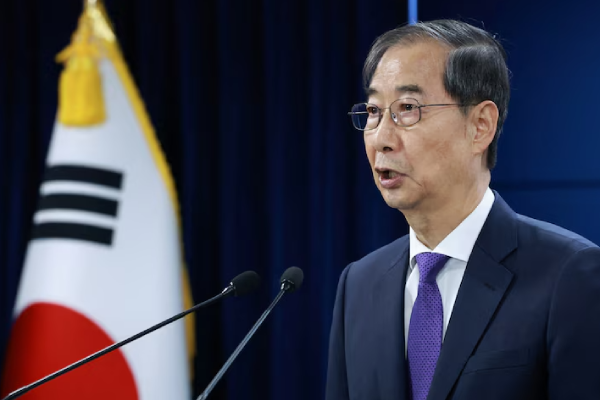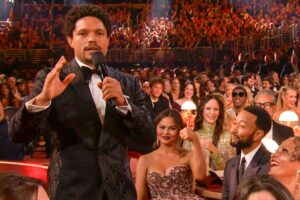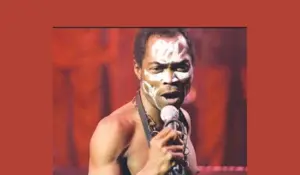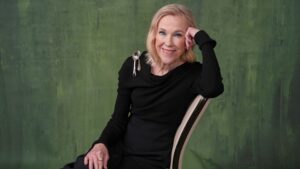South Korea’s acting leader, Han Duck-soo, has resigned as both prime minister and president.
Han Duck-soo is leaving to take on “heavier responsibility” amid speculation that he could compete in next month’s presidential election.
Finance Minister Choi Sang-mok is filling in as acting president as required by law.
“I hereby step down from my duties as acting president and prime minister (of South Korea),” he said in a national press conference.
“During these grave times, I have long pondered and deliberated whether this decision is truly right and unavoidable, considering the weight of the responsibilities I bear.
“I have made the final decision to step down from my positions to do what I can and what I must to overcome the crisis we are facing.”
Han has emerged as a potential conservative standard bearer, and South Korean media reported he will officially launch his presidential campaign on Friday.
Incumbent and former presidents are ineligible to seek re-election in South Korea, giving reason to Han’s resignation from the post.
The main conservative People Power Party remains in disarray over Yoon’s December 3 imposition of martial law.
Read Also
Han himself went through an impeachment trial last year over his involvement with the martial law incident.
He was suspended as acting president at the start of the trial on December 27, however was reinstated by the Constitutional Court of Korea on March 24.
Earlier today, South Korea’s Supreme Court overturned a previous ruling that had cleared election frontrunner Lee Jae-myung of election law violation, throwing into doubt his eligibility to run for the presidency.
Lee, the candidate of the liberal Democratic Party which controls parliament, leads opinion polls to win a snap presidential election.
In March, an appeals court had cleared Lee of violating the election law, but prosecutors had appealed the decision to the Supreme Court.
The Supreme Court said that Lee violated election law by publicly stating false facts and ruled to send the case back to the appeals court.
“This is bad news for the Democratic Party and candidate Lee Jae-myung,” said Shin Yul, a political science professor at Myongji University.
“The appeals court will decide whether to disqualify him to run for office or not, but the Supreme Court in effect found him guilty. This is a blow to Lee. Moderate voters, 10 per cent of the total, will be swayed by this news.”
While the Supreme Court moved quickly to hear Lee’s election law appeal, it did not set a timeline for the lower court, which often takes months to revise verdicts, and it was unclear whether it would happen before the June 3 election.





